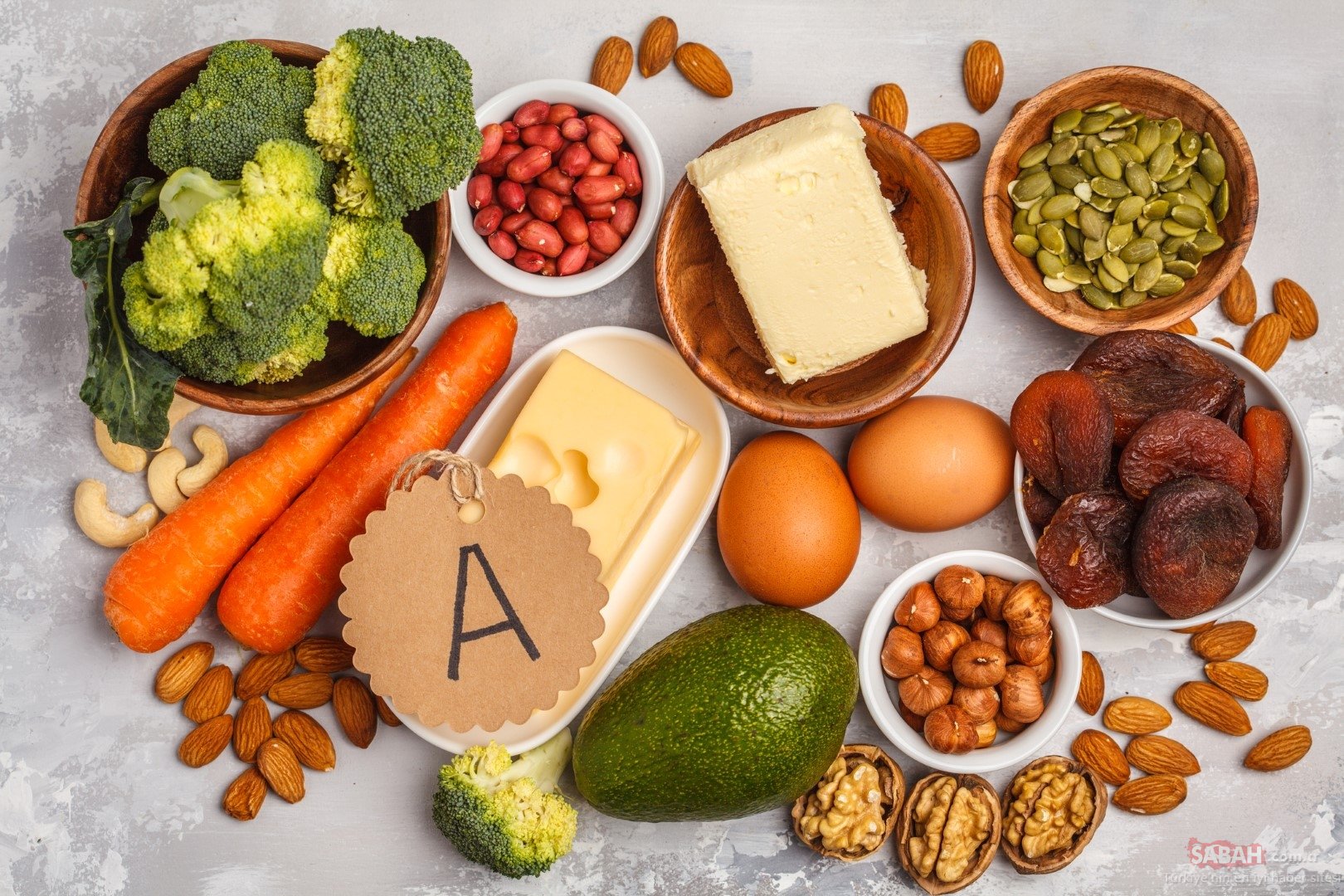A Comprehensive Guide to the Benefits of Vitamin K2

Introduction
Vitamin K2, also known as menaquinone, is a lesser-known but essential nutrient that plays a vital role in various aspects of our health. While vitamin K1 primarily supports blood clotting, vitamin K2 has unique benefits, such as promoting bone health, heart health, and regulating calcium metabolism. In this comprehensive guide, we will explore the multifaceted world of vitamin K2, its functions, dietary sources, recommended daily intake, and the numerous ways it contributes to our overall well-being.
Introduction to Vitamin K2
Vitamin K2 belongs to the family of fat-soluble vitamins and is essential for the activation of specific proteins in the body, primarily involved in the regulation of calcium. It is less known than its counterpart, vitamin K1, which is crucial for blood clotting. Vitamin K2 comes in several subtypes (such as MK-4 and MK-7), with varying roles and benefits in the body.
Functions of Vitamin K2
- Calcium Regulation: One of the primary roles of vitamin K2 is to regulate calcium metabolism. It activates proteins, such as osteocalcin and matrix Gla-protein (MGP), which are essential for proper calcium utilization. Osteocalcin promotes the mineralization of bones, while MGP prevents calcium deposits in soft tissues like arteries, thus supporting heart and bone health.
- Bone Health: Vitamin K2 plays a crucial role in maintaining strong and healthy bones. By activating osteocalcin, it ensures that calcium is effectively incorporated into the bone matrix, enhancing bone density and reducing the risk of osteoporosis and fractures.
- Heart Health: Vitamin K2’s regulation of calcium is also essential for heart health. By preventing the calcification of arteries, it helps reduce the risk of atherosclerosis and cardiovascular disease. Adequate vitamin K2 levels are associated with a lower incidence of arterial stiffness and heart disease.
- Blood Sugar Control: Some studies have suggested that vitamin K2 may help improve insulin sensitivity, which can contribute to better blood sugar control. This effect is of particular interest for individuals with type 2 diabetes or those at risk of developing the condition.
- Cancer Prevention: Emerging research indicates that vitamin K2 may have a role in cancer prevention, particularly in reducing the risk of certain cancers, such as liver and prostate cancer. However, more research is needed in this area.
- Anti-Inflammatory Effects: Vitamin K2 exhibits anti-inflammatory properties, which can help reduce inflammation in the body and may be beneficial in conditions such as rheumatoid arthritis.
Sources of Vitamin K2
Vitamin K2 is not as prevalent in the diet as other vitamins, but there are several dietary sources that can help you maintain adequate levels of this essential nutrient:
- Fermented Foods: Fermented foods are among the richest sources of vitamin K2, particularly in the form of MK-7. Natto, a traditional Japanese dish made from fermented soybeans, is one of the most abundant sources of vitamin K2.
- Fermented Dairy: Certain dairy products, such as cheese and kefir, contain vitamin K2. Gouda and Brie cheese, in particular, are known for their vitamin K2 content.
- Organ Meats: Liver, especially chicken and goose liver, is a good source of vitamin K2.
- Eggs: Egg yolks contain a moderate amount of vitamin K2, specifically MK-4.
- Fish: Fatty fish like salmon, mackerel, and sardines contain vitamin K2, mainly in the form of MK-4.
- Supplements: Vitamin K2 supplements, often in the form of MK-7, are available for individuals who have difficulty obtaining sufficient vitamin K2 from their diet. These supplements should be taken under the guidance of a healthcare professional.
Recommended Daily Intake
The recommended daily intake of vitamin K2 varies depending on age, gender, and specific health requirements. It is typically measured in micrograms (mcg) or milligrams (mg). Here are some general guidelines for vitamin K2 intake:
- Infants (0-6 months): RDA – 2.5 mcg
- Infants (7-12 months): RDA – 2.5 mcg
- Children (1-3 years): RDA – 30 mcg
- Children (4-8 years): RDA – 55 mcg
- Children (9-13 years): RDA – 60 mcg
- Adolescents (14-18 years): RDA – 75 mcg (boys) and 75 mcg (girls)
- Adults (19 years and older): RDA – 120 mcg (men) and 90 mcg (women)
It’s essential to note that these recommended intakes are based on estimates, as vitamin K2 requirements are still being researched. Individual needs may vary based on factors such as genetics, diet, and overall health.
Health Benefits of Vitamin K2
- Bone Health: Vitamin K2 is crucial for maintaining strong and healthy bones. It supports the proper mineralization of bone tissue, reducing the risk of fractures and osteoporosis, especially in postmenopausal women.
- Heart Health: Vitamin K2’s role in preventing arterial calcification contributes to heart health. It can reduce the risk of atherosclerosis and cardiovascular disease, ultimately supporting overall cardiovascular wellness.
- Blood Sugar Control: Emerging research suggests that vitamin K2 may help improve insulin sensitivity, which is beneficial for individuals with diabetes or those at risk of developing the condition.
- Anti-Inflammatory Effects: Vitamin K2 exhibits anti-inflammatory properties, which can help reduce chronic inflammation and its associated health risks, such as arthritis and cardiovascular disease.
- Cancer Prevention: While more research is needed, some studies suggest that vitamin K2 may have a role in cancer prevention, particularly in reducing the risk of certain types of cancer, such as liver and prostate cancer.
Potential Risks and Side Effects
Vitamin K2 is generally considered safe when consumed through dietary sources. However, excessive intake of vitamin K2 supplements can lead to adverse effects, and it may interact with certain medications. Here are some potential risks and side effects:
- Excessive Blood Thinning: High doses of vitamin K2 supplements may increase the risk of excessive blood thinning, particularly in individuals taking anticoagulant medications. It’s important to consult with a healthcare professional before using supplements.
- Gastrointestinal Distress: Iron supplements, especially those containing high doses, can cause gastrointestinal discomfort, including constipation, diarrhea, nausea, and stomach cramps.
- Interactions with Medications: Vitamin K2 supplements can interact with certain medications and reduce their effectiveness or cause adverse effects. It’s essential to consult with a healthcare professional before taking vitamin K2 supplements, especially if you are on other medications.
Conclusion
Vitamin K2 is a remarkable but often overlooked nutrient with a wide range of benefits for our health. Its primary roles in calcium regulation, bone health, heart health, and blood sugar control make it an essential component of our overall well-being. Adequate intake of vitamin K2 can be achieved through a balanced diet rich in its dietary sources, but supplements are also available for those with specific dietary restrictions or health needs. As research on this vitamin continues to expand, its significance in promoting health and preventing chronic diseases becomes increasingly clear. Incorporating vitamin K2-rich foods into your diet and being mindful of potential risks and interactions will help you reap the full spectrum of benefits that this essential nutrient has to offer.
- VAPE PEN By O2vape-Comprehensive Review The Top Vape Pen Selection - March 12, 2024
- Comprehensive Guide on COPD and CBD: Can CBD Help? - November 2, 2023
- A Comprehensive Guide to the Benefits of Vitamin K2 - November 2, 2023



